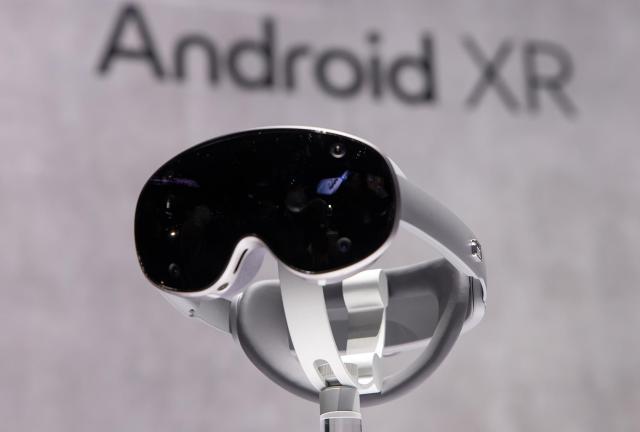
The device, developed under the code name Project Moohan, marks Samsung's most ambitious move yet into immersive computing. The project is a collaboration with Google and Qualcomm, uniting three of the world’s largest tech companies as they seek to carve out space in a market still searching for mass appeal.
Roh Tae-moon, president of Samsung’s mobile division, confirmed the launch timeline during a recent press briefing in New York. “We are working to enhance the completeness of XR headset Project Moohan with the goal of launching within this year,” Roh said.
Under the partnership, Google is responsible for the operating system and multimodal artificial intelligence capabilities, Qualcomm is providing the chipset, and Samsung is leading the hardware development and manufacturing.
Project Moohan will be Samsung’s first Android-based XR headset, following a developer preview of Google’s software last December and a media showcase during the company’s Galaxy Unpacked event in January.
Industry observers expect the headset to integrate with Samsung’s Galaxy Watch and the newly launched Galaxy Ring, offering gesture controls and wearable syncing that may improve ease of use compared to rival products.
Apple’s Vision Pro, despite its technological sophistication, has faced criticism over its $3,499 price tag and limited software library. Meta’s Quest headsets, while more affordable, have struggled with a fragmented app ecosystem and uneven consumer adoption. Samsung is aiming for a middle ground — banking on its vast device ecosystem and Android app compatibility to differentiate its offering.
Though Samsung has not announced a firm launch date, analysts expect the headset could be unveiled as early as September. Much will hinge on pricing and content availability, areas where competitors have stumbled.
In addition to its XR ambitions, Samsung is expanding its Galaxy AI platform to 400 million devices this year, up from 200 million in 2024.
The company reiterated its pledge to offer core AI services, such as real-time translation, free of charge — even on budget models.
Roh said Samsung will maintain free access to basic features beyond 2025, while hinting that more advanced capabilities could eventually be paywalled through subscription plans.
Copyright ⓒ Aju Press All rights reserved.





View more comments